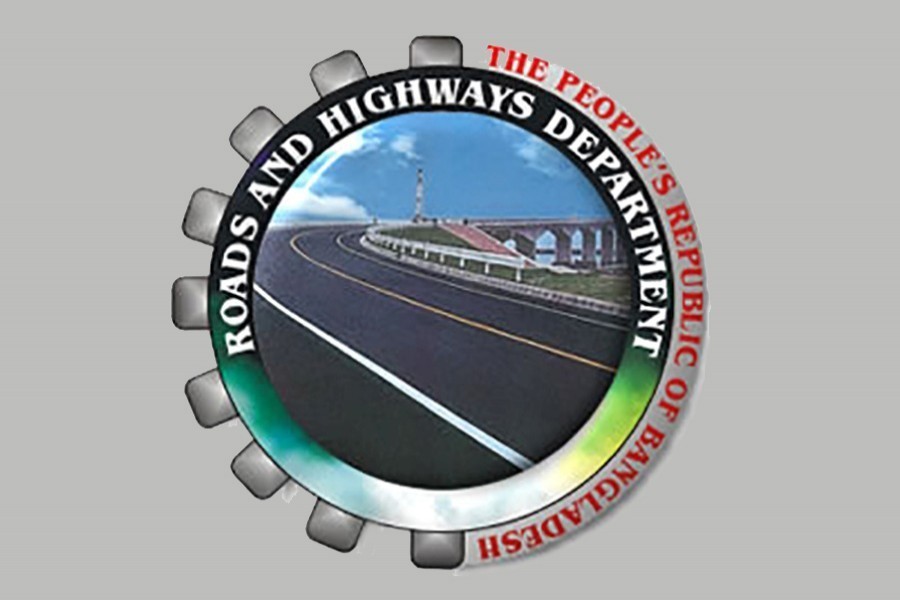The government has extended the tenure of Dhaka bypass road construction project by four years until June 2024 and almost tripled its cost to Tk 6.75 billion.
The Executive Committee of the National Economic Council (ECNEC) at its meeting in Dhaka on Tuesday approved the revised project, said Planning Minister MA Mannan.
Officials said the project was earlier taken in March 2016 at a cost of Tk 2.36 billion, but could not be implemented due to delays in land acquisition difficulties.
Chaired by Prime Minister Sheikh Hasina, the meeting approved the "Support to Joydevpur-Debogram-Vulta-Madanpur (Dhaka bypass) Road Project" and nine other development projects involving a total cost of Tk 41.66 billion.
The Roads and Highways Department (RHD) had undertaken the road project aimed at developing the road alignment with land acquisition for facilitating the Dhaka bypass road widening works through public-private partnership (PP) model.
But over the last five years, the RHD failed to complete the land acquisition, and the alignment development works within the period between March 2016 and June 2020.
Deputy project director Engr Sher Taj told the FE that the land acquisition cost had increased due to the government's higher price adjustment for the affected land.
"The project was taken in 2016, but later the government in a circular in 2017 tripled the prices of land to be acquired from the private sector for development works," he said.
"Besides, we need to acquire 5.22 hectares of additional land. As a result, the overall cost of the project increased," he added.
Moreover, he said, the supervision consultants would continue their job even after completion of the road, compelling them to extend the deadline up to June 2024.
According to the revised DPP (development project proposal), the RHD claimed that it needed higher cost for the consultants, which is also a reason for the cost push.
Although the RHD has cut the independent consultancy term by 82 man-months, the cost in this component would also escalate by Tk 13.9 million.
The China-Bangladesh consortium -- Sichuan Road and Bridge Group, Shamim Enterprise Ltd and UDC Construction Limited - has started from last year upgrading the bypass road into 4-lane one under the PPP arrangement.
The consortium will design, build, finance, operate, and maintain the tolled expressway over a 25-year concession period, and will be able to charge tolls based on the types of vehicles using the road.
The total cost of the PPP project is nearly Tk 35 billion with the government offering a viability gap funding of Tk 2.23 billion and a minimum revenue guarantee to the consortium to optimise the cost of financing.
The contract also provides the government with a share of revenue generated by the consortium over a certain threshold.
When asked, Engr Sher Taj said the China-Bangladesh consortium would complete road construction by December 2023.
Meanwhile, the ECNEC meeting approved the Gazipur district rural infrastructure development project at Tk 6.85 billion, the important rural infrastructure development project in Tangail at Tk 8.65 billion, safe water supply and sanitation facilities improvement in rural areas of Gopalganj district at Tk 2.61 billion, necessary land acquisition for building bus and truck terminals in various parts of Gazipur City Corporation and also ensuring its solid waste management at Tk 7.82 billion.
The other projects approved in the meeting are: Development of Kabirhat-Chomirmunshirhat-Sonaimuri road and Senbagh-Begumganj Gasfield-Sonaimuri road under Noakhali road division at Tk 3.71 billion, Development of Bangladesh University of Professionals phase-I (1st revised) with an additional cost of Tk 906.3 million, Development of Bangladesh University of Processionals (2nd revised) with an additional cost of Tk 3.46 billion, innovation of improved Agar regen technology at Tk 679.2 million, and Construction of gas distribution pipeline network at Rangpur, Nilphamari, Pirganj town and adjacent areas at Tk 2.58 billion.
Ministers, Planning Commission members and officials concerned were present at the ECNEC meeting.


